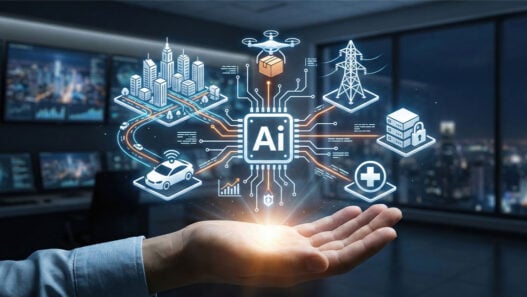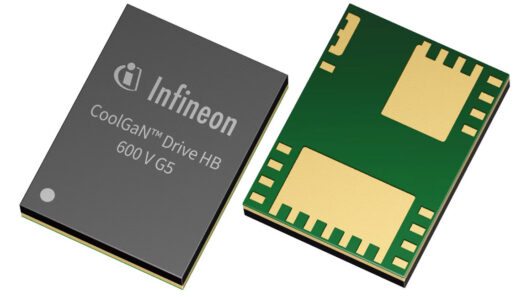James Yacoub, Analyst at GlobalData commented: “There is limited evidence to suggest that there is an appetite to shop on the go at this time. Evidence from GlobalData’s survey suggests that consumers have reservations about shopping when outside of homes or work, for reasons including security, storage issues and poor imagery.”
Even so, futurists expect 5G to be one of the biggest retail disruptors over the next five years because 5G will bring new enhancements which will make shopping on mobile sites considerably faster, which may address these reservations and encourage more consumers to shop on the go.
Although there is potential for 5G mobile technology to impact retail, it will have patchy coverage in its early stages and with only a handful of compatible (and very expensive) phones, usage of 5G will be restricted in the short term.
5G is not just about faster download speeds, it is also about lower latencies i.e. computer networks that are optimised to process a very high volume of data with minimal delay, which could allow retailers to use real time technology to collect data on shoppers’ habits. Data is used to optimise pricing strategy, predict future demand and even visual merchandising.
Lower latency of 5G can also help retailers implement IoT-based projects effectively, for example, smart-shelves that use sensors can keep a real time track of stock, and can communicate to logistics when a product is low, thereby simplifying the overall stock control process.
Yacoub continued: “For data collection to be effective, fast and reliable, technology is essential, particularly when the data is being used for time-sensitive offerings such as smart-shelves, proximity marketing or instant personalisation experiences.”
Lower latency and increased bandwidth will be a huge boost to technologies associated with customer engagement such a Virtual Reality (VR), Augmented Reality (AR) and gamification. With reliance on 4G, technologies such as VR and AR are often limited in practical use, and the user experience is often slow and lagging which defeats the purpose of AR/VR were the user experience is all about immersion and virtual experiences.
Yacoub added: “With 5G, retailers will be able to unlock the full potential of these new technologies, transforming them from mere gimmicks to useful tools, enhancing the overall customer journey.”







